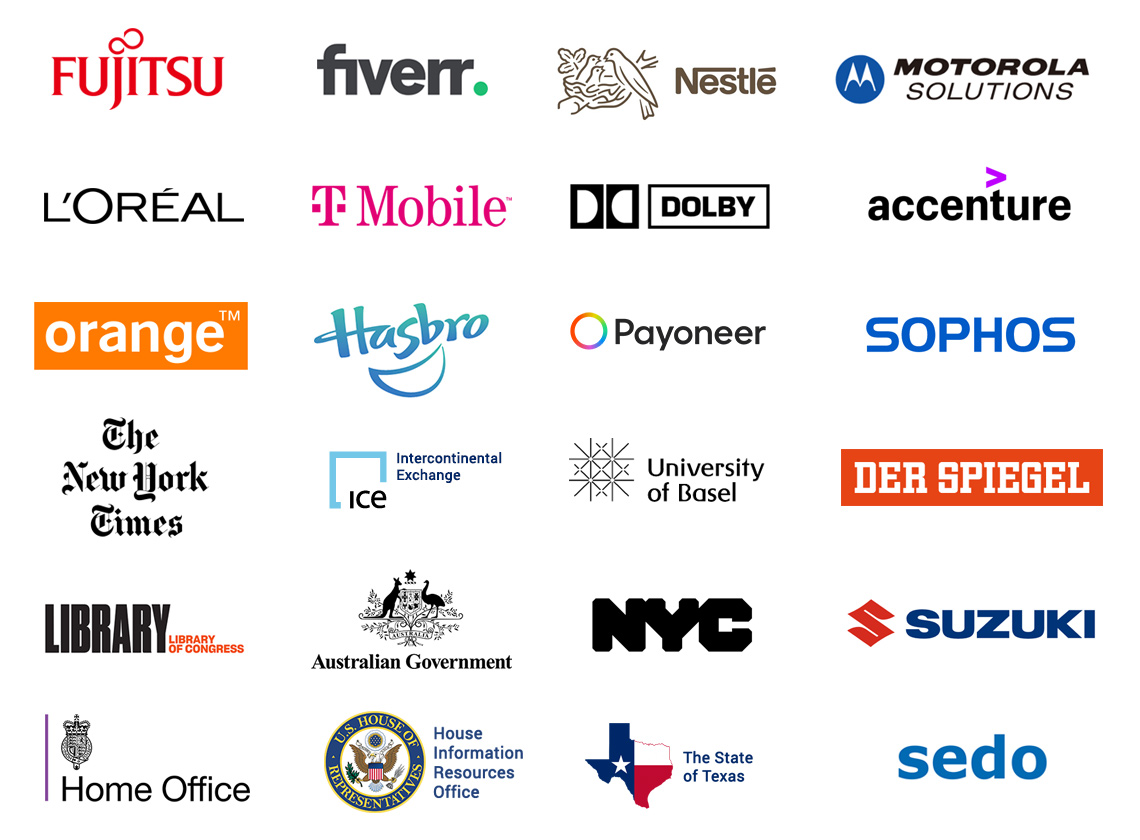TLDR: A demo speaks louder than a thousand words. You can connect to a remotely isolated browser created by me and my team via browserling.com/browse. We run remote browsers on our servers and stream just the browser window to you.
Remote Browser Isolation – What Is It?
Remote Browser Isolation (RBI) is a cybersecurity technology that isolates web browsing activities from endpoint devices by executing web sessions on a remote server, typically in virtual machines or Docker containers. This approach effectively shields endpoints from browser-based threats like malware and phishing attacks by ensuring that only the browser window is transmitted to the user's device. RBI is particularly valuable in enterprise security, protecting against web-based threats. It's also useful in safeguarding against phishing, malware, and zero-day exploits, while maintaining user privacy and compliance with data protection regulations.
How Is RBI Related to Zero Trust Security Model?
RBI is a key component of a Zero Trust strategy, which operates on the principle of "never trust, always verify". RBI aligns with this philosophy by treating all web content as untrusted, regardless of its source. This means that even if a user encounters a malicious link inadvertently, their device remains unharmed.
What Are RBI Use Cases?
The most popular use cases of RBI involve cybersecurity and data protection: threat prevention, data protection, email security, zero-day exploit mitigation, phishing protection, content filtering and control, and secure web access.
Threat Prevention
RBI helps in preventing various web-based threats by isolating browsing activity in a remote environment. This setup blocks malware, phishing attempts, and other malicious content from reaching the user's device, thereby securing the endpoint from potential attacks.
Data Protection
In scenarios where sensitive data access is required, RBI ensures that the data is never directly exposed to the end-user's device. This is crucial for compliance with data privacy and protection standards, as it minimizes the risk of data leakage or unauthorized access.
Email Security
RBI can be integrated with email systems to safeguard against malicious links and attachments. When users click on a link or open an attachment, a remote browser is spawned, thus preventing any harmful code from executing on the user's device.
Zero-Day Exploit Mitigation
RBI is effective in protecting against zero-day exploits, where vulnerabilities are unknown or unpatched. By isolating browsing sessions, any exploit attempt remains confined to the virtual environment, preventing it from affecting the user's system.
Content Filtering and Control
RBI allows organizations to implement strict content filtering and control policies. This is useful in restricting access to non-business-related websites and in environments such as schools and libraries, where the Internet usage needs to be carefully monitored and controlled.
Phishing Protection Training
RBI can be used in cybersecurity training programs, especially for phishing awareness. It allows users to interact with potentially harmful content in a safe environment, providing a practical, risk-free training experience for identifying and handling phishing attempts.
Secure Web Access
For organizations that require secure and controlled access to specific web resources, RBI allows users to safely access these resources without exposing the internal network to risks. This is particularly useful for accessing high-risk websites or untrusted Internet sources.
What is Browserling?
Browserling is a virtual browser platform that allows web developers, SOC teams, and cybersecurity analysts to quickly check how websites perform across different browsers and platforms. It's a popular RBI tool as it provides a remote, secure, and isolated environment for testing suspicious websites and web applications, thereby reducing the risk of exposing the user's local system to potential web-based threats and vulnerabilities.
Who uses Browserling?
Browserling has now become the RBI platform of choice and it's used by hundreds of thousands of users around the world every month. Browserling's customers include governments, states, cities, banks, stock exchanges, universities, newspapers, Fortune 100, Fortune 500 companies, and private multi-billion dollar companies.

Browse safe!
